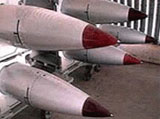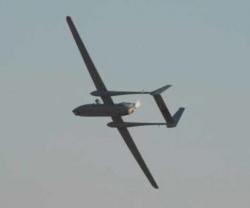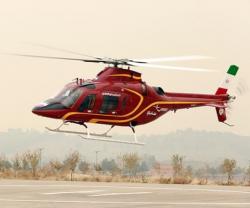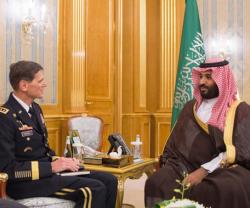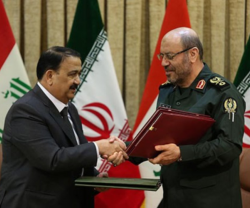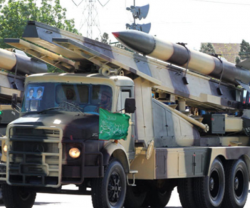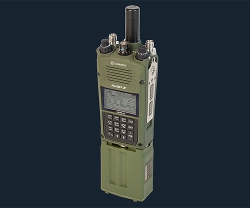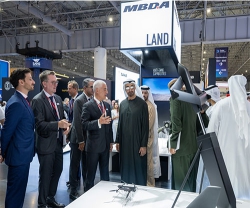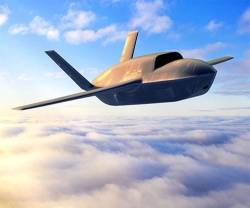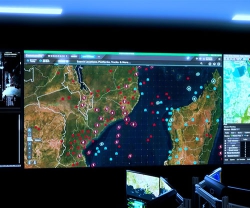The new information covered alleged work in Iran "until rather recently", including in 2010, said an official with knowledge of the International Atomic Energy Agency (IAEA) investigation, declining to give details.
The confidential IAEA report also showed Iran pushing ahead with its disputed nuclear program and amassing more low-enriched uranium, despite increased international sanctions.
The findings may provide additional arguments for the United States and its European allies in seeking to further isolate Tehran over work they suspect is aimed at developing a nuclear weapons capability. Iran says its nuclear program is aimed at generating electricity.
The 9-page document was obtained by Reuters on Tuesday, a day after the European Union expanded sanctions against Iran, reflecting mounting frustration over a lack of progress in nuclear talks. The United States has also stepped up financial and other measures against Tehran.
IAEA Director General Yukiya Amano sent a letter to the Head of Iran's Atomic Energy Agency on May 6th "reiterating the agency's concern about the existence of possible military dimensions to Iran's nuclear program", the report said.
In the letter to Fereydoun Abbasi-Davani, he requested Iran give prompt access to relevant locations, equipment, documentation and people to help clarify outstanding issues.
The report said Iran's total output of low-enriched uranium since early 2007 had reached 4.1 tonnes, up from 3.6 tonnes in February, an amount that experts say could provide material for at least 2 bombs, if refined much further.
Analysts say sanctions, possible sabotage and the Stuxnet computer worm have slowed Iran's nuclear progress, but the IAEA report showed its uranium stockpile had continued to grow.
On Wednesday, Abbasi rejected the UN report saying it was based on “fabricated documents.”
“These fabricated documents are provided by few arrogant countries so that international organizations, including the IAEA, make wrong decisions based on that. Of course, they have never been able to prove their allegations,” state TV quoted Abbasi as saying after a Cabinet meeting.
Source: Reuters; Arab News

